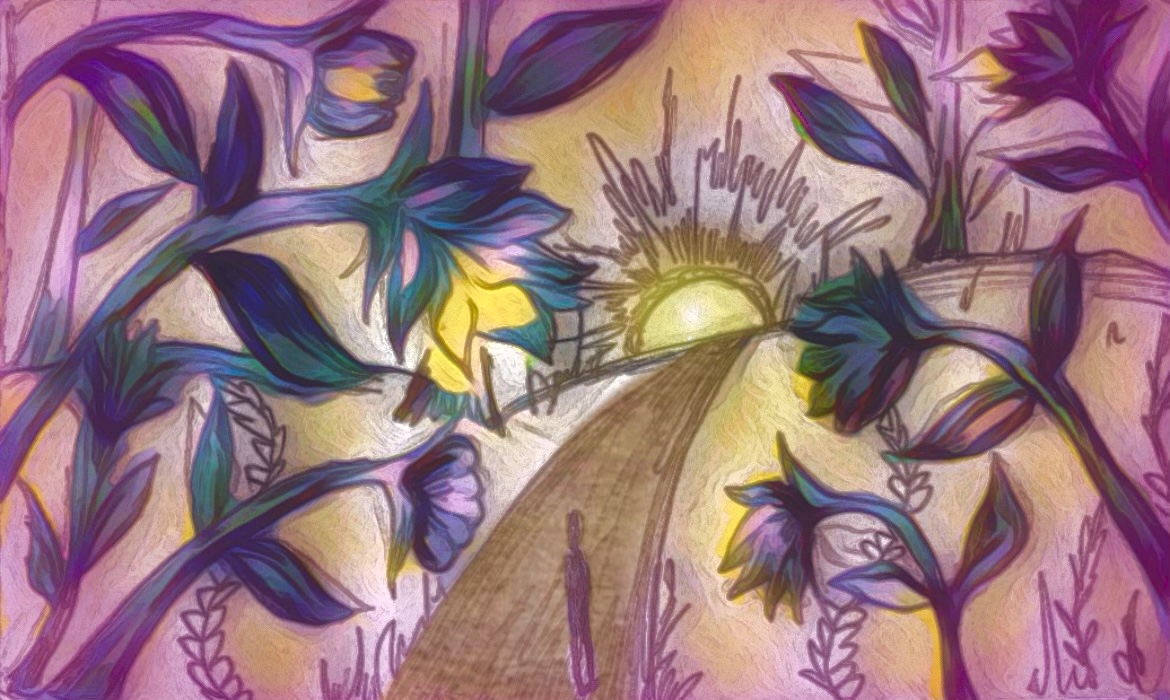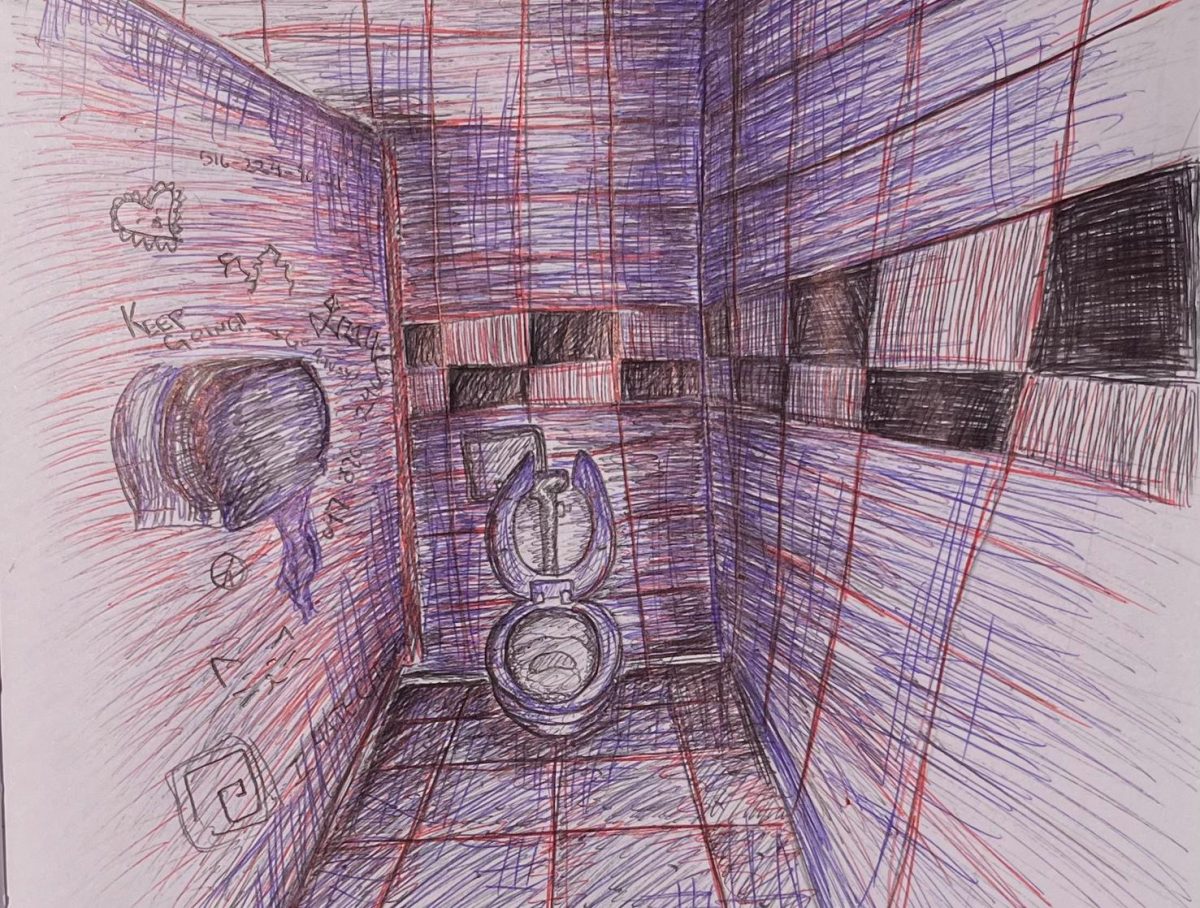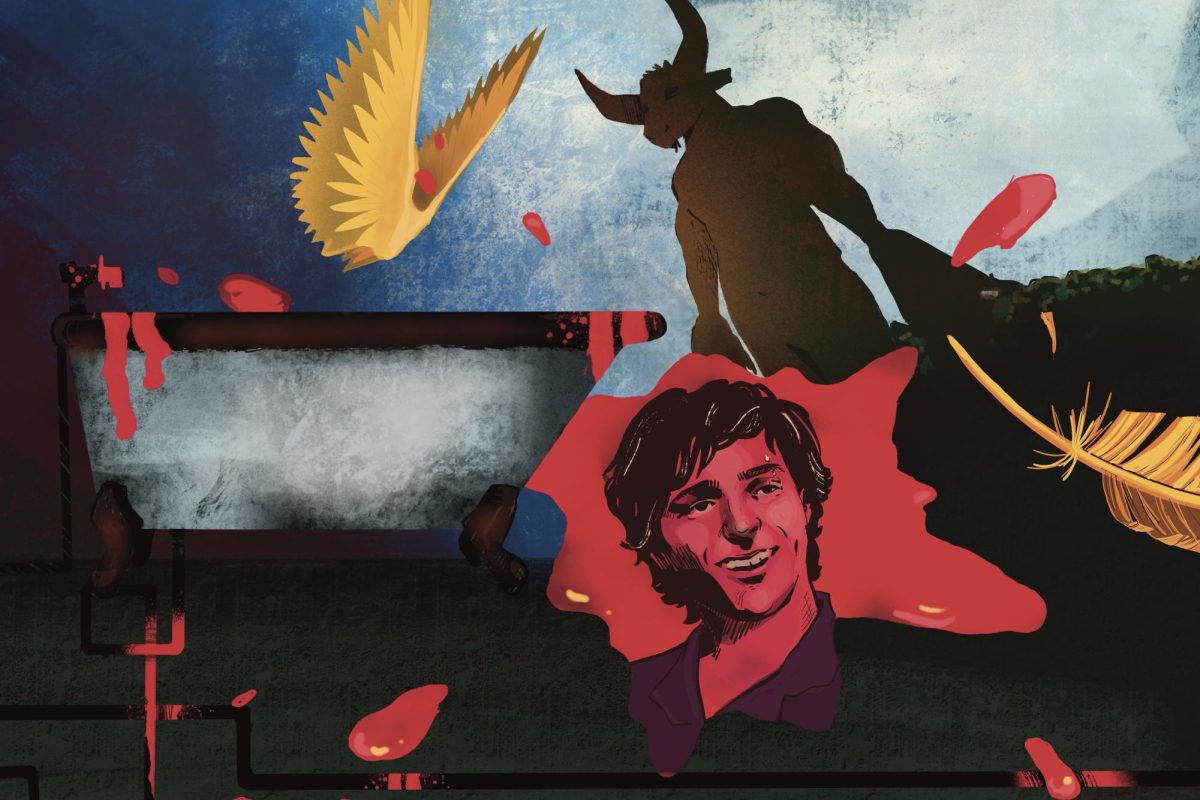In a recent review of Ryan Adams’ latest album, 29, the critic passed the album off as a successful effort of “modern classic rock,” (new genre: modern oxymoron) but not before throwing in this chilling speculation for people with contemporary, functioning ears everywhere: “While there’s no denying he’s a mimic, name a musician who isn’t.”
It’s 2006. Has rock music, in its twentieth-century incarnation of originality and artistic integrity (after it was stolen from Chuck Berry et al) been left for dead by a modern landscape of buzz bands and trends-of-the-week? And if originality in music is dead, is it freshly buried or has it been dead for years, haunting the sound that has outlived it?
It’s clear in Adams’ work that he’s a devout member of the church of Bob Dylan, but over forty years ago, Dylan himself set out to emulate Woody Guthrie, and was even dismissed by many as a mere Guthrie imitation early in his career. So heavily influenced musicians are certainly not unique to our era. But has contemporary music turned into nothing more than a carefully studied sequel to mid-20th century songwriting tradition?
Everyone knows that the first movie is always better than the sequel, and the only reason people see Part Two at all is because there was something about the first one they liked. We, a generation born after John Lennon was shot and Dylan became born-again, may be only the unwitting consumers of the diluted music of recycled sound, willing to settle for less because of what the first original storyline, full of drama, real emotion and suspense and of course all that sex and all those drugs, delivered.
It seems that for every popular contemporary act that makes its money off of ringtones on the internet today, there’s an easily identifiable counterpart, actually closer to a blueprint, who sold records in stores in the sixties, seventies or eighties. One genetically modified note of The Killers, Franz Ferdinand, or the Strokes, to name three of the hundreds of bands are (i.e. look) just like them, being harvested in clubs from LA to the Lower East Side and Northern England, betrays any pretensions of originality.
But for lack of a truly unique sound, the music of these bands isn’t necessarily bad, but only a product of the same post-Beatles, Rolling Stones, Bob Dylan, Velvet Underground world we were all born into. But since those classic artists are ones we all love so much we’ll pay fifty dollars for a thirty-year-old T-shirt bearing their logo, you can’t blame their studied followers for trying to achieve what that same level of brilliance, even if they offer little more variation than cover bands.
















